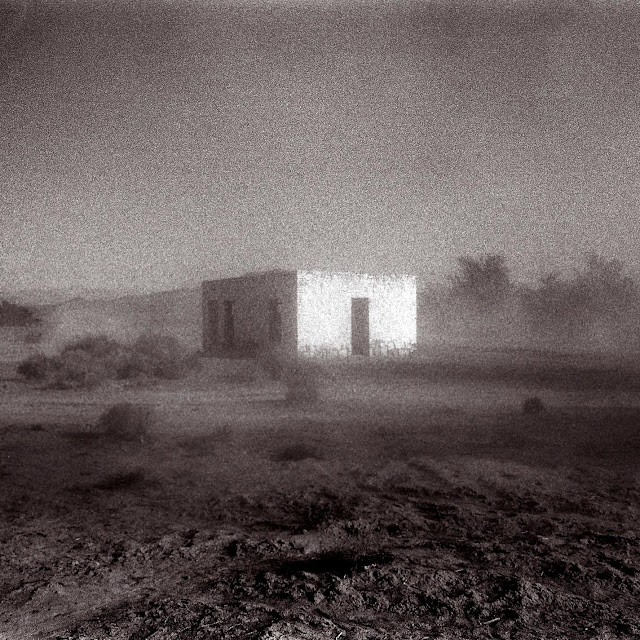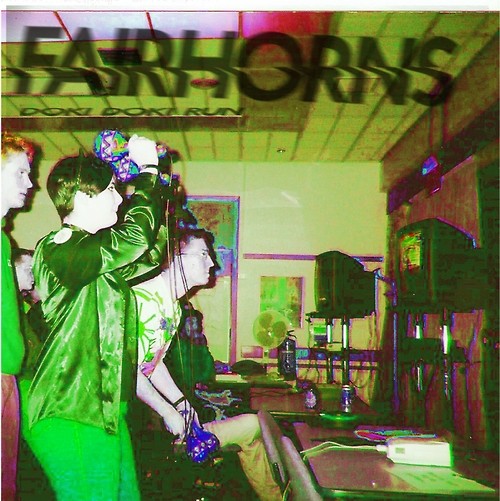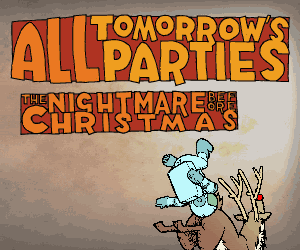
Tonight observed from the sorts of cheap seats to which she may well have referred when umming and ahhing over potential titles just last summer, she is but a glittery speck prancing on the most recessional part of the retina. She appears to waltz with the moist embrace of the unendingly, unerringly adoring, proffering profuse gratitude and stilted musings on Albert's inclusion in an Ab Fab remake aired at the turn of the year, her every jocular witter greeted with an O2 Arena's worth of maniacal whooping. Kicking off with the mildly grating a cappella of Ain't No Cover, the endearing subversive flecks its optimistically despondent down-by-the-river yet rhythmless stomp with spunky ruský vocal inflections in what is an enjoyably unorthodox entangling of her familial roots. However from here on in, it's a tale of her and her incontrovertibly grand piano – much to the feigned ire of they that now spend the rest of their evening admiring her spine of sequins.
The premeditated eccentricities of Far track The Calculation serve as introduction to two hours of honky-tonk that undulate in quality and in their capacity to enthral like the most extravagant of arpeggios. Hooting and howling as the hordes yowl, this plodding recount of computers constructed of macaroni stands as a peak; the monstrous Broadway couplets and melodramatic pauses of Blue Lips a trough; Us a swooping triumph as soaring as any which night of any old Proms; Oh Marcello considerably more traumatic. Thus with only bits and pieces plucked from Soviet Kitsch; from the breakthrough Begin to Hope the bulk of the soirée is carved off her most recent – as acts often feel dragooned so to do when playing the hall (see PJ Harvey, or Orbital for cases in point) – and regrettably, although her musical capabilities are perfect as per; her vocals more multi-faceted than most pristine gems, many a multi-storey and Del Rey's face her songwriting here scarcely betters mediocrity.
The ho-hum Apple ad humdrum of Don't Leave Me (Ne Me Quitte Pas); the stop-start tedium of Patron Saint; the overplayed theatricality to Ballad Of A Politician all confound with dumbfounding uniformity that's above all consistently monotonous. Heart-shattered paean How meanwhile – although sounding strikingly, lawsuit-beckoningly redolent of LeAnn Rimes' How Do I Live – twangs them heartstrings with a resignation to amatory irreconcilability that, if sincere, may well be her most poignant piece to date – albeit one embalmed in a mawkish slushiness that's barely penetrable. The Party too is something of a success, its jejune charms some of the better sweeties deep in the secret places of the partybag that is What We Saw From The Cheap Seats. Yet it's when Spektor is in no mood for jollity that music matches the incendiary climes within the hall: distinctly evocative of Nona Marie Invie's Dark Dark Dark, all staccato plonks and stonking, sonorous vox Firewood is a formidable chef-d'œuvre; a candid expression of hope even in the face of mortal malady set to a lovably ingenuous melody. As she reiterates one last time: "There's still no cure for crying" you can almost sense a solitary tear trickle down the bristles standing to attention upon your cheek and although a manifest exposé of potent songwriting, it is but fleeting.
As for much of the show, I struggle to wriggle free of the quite constricting conviction that Spektor is but striving to rival Joanna Newsom on sheer lyrical insanity and oft instead produces a disengaging inanity: bodies tasting of "birthday", deities schmoozing at cocktail parties and some darn kooky accents make such an impression immutable to a certain degree. Similarly, as varied as her voice may be tonally, musically she and her masterly backing troupe are helplessly restricted to just keys, cello and drums. Even when she wheels out her supporting cast of one, Jack Dishel for her "next trick" as they collaborate on Only Son number Call Them Brothers, although his electroacoustic adds an hitherto absent zing to things it simultaneously adds very little to the overall texture of the evening.
And it's one that, despite the audience's patent, and gently intemperate veneration of Spektor (orotund squeals of "I love you" resonate efficaciously in such setting and indeed endlessly) feels smooth, if all too bland to the touch as twenty-odd songs blend into appreciably fewer in the mind. And this despite airing a cover of compatriot Bulat Okudzhava's Molitva François Villon. Expressing a smouldering desire to rekindle her rapport with her Russian patrimony (she can now scribe laundry lists in the language, she jovially chirrups) her exuberance is infectious; akin to the enthusiasm she exudes throughout at playing such an irrefutably fantastic venue. However despite filling each seat and the 'Hall itself with what is now an aptly rotund sound, we're left feeling a little hollow and empty up in the cheap seats...























